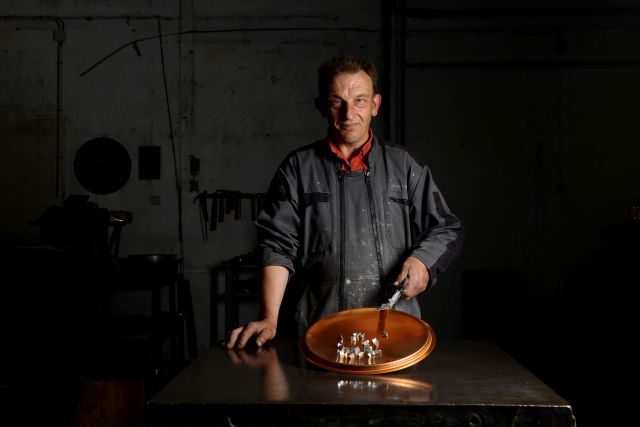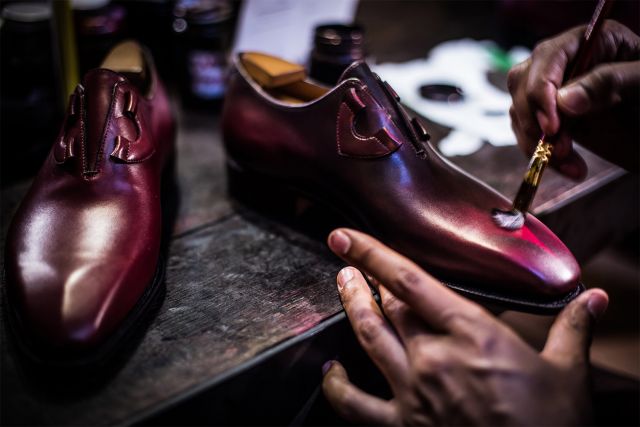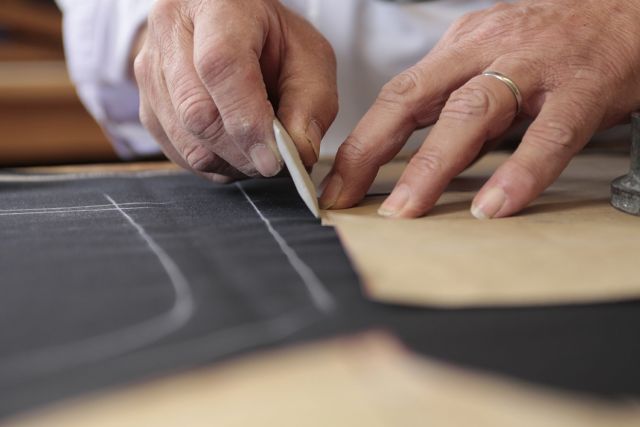This six-string viol is based on a 17th century English model. The scroll of the viol has been carved with a lion’s head and the fingerboard adorned with cut-out decorations. Through constant study and exploration of medieval instruments and the needs of contemporary musicians, Judith works to refine the connection between the two. Early viols, before the late 17th century, had all-gut strings, rather than metal, so they did not require a hardwood fingerboard.
Length 123 cm
-DSC_0028-copy.jpg.jpeg)
-DSC_0051.jpg.jpeg)
-DSC_1418.jpg.jpeg)
-DSC_0028.jpg.jpeg)
Judith Kraft
- Institut National des Métiers d'Art
- Luthier
- Paris, France
- Master Artisan
By appointment only
+33 142010335
In tune with the past
- • Judith opened her own workshop in 1984
- • She was named Maître d’Art by the French Minister of Culture in 2018
- • Music, musicians and instruments of all kinds are major influences
For Judith Kraft the discovery of her vocation came, conveniently, just as she had abandoned her academic studies, at the age of 20. When she announced to her grandfather, in New York, that she was training to be a luthier, he immediately opened the Yellow Pages to check the job really existed. Upon arriving in Paris, Judith was fortunate to find an instrument maker who was willing to teach her. At that time, her only qualifications were a good ear, manual dexterity and very strong motivation. He taught her to 'reinvent' traditional instruments, and since then she has brought to life a long line of stringed instruments. For Judith, this job is a perfect fit, allowing her to combine her curiosity about how things work, her ability to build things and her love of wood and music.
Read the full interviewWorks
Photo: © Judith Kraft

Photo: © Judith Kraft
This seven-string viol is based on an original 17th century model by Guillaume Barbey. The original viol is on display in the Brussels Musical Instrument Museum. The scroll of the viol has been carved with a detailed head of a woman. Through constant study and exploration of medieval instruments and the needs of contemporary musicians, Judith works to refine the connection between them.
Length 128 cm

Photo: © Judith Kraft
This seven-string viol is based on an original 17th century model by Guillaume Barbey. The scroll of the viol has been carved with a detailed head of a woman, while the fingerboard and tailpiece are painted with gilt monograms in a design borrowed from an anonymous 17th century viol. Through constant study and exploration of medieval instruments and the needs of contemporary musicians, Judith works to refine the connection between them.
Length 128 cm

Photo: © Judith Kraft
This seven-string French bass viol is based on an original 17th century model by Michel Colichon, who was probably the first French luthier to add a 7th string, which helped give the French viol its characteristic resonance and influenced the music of that period. The scroll of this viol has been carved with a detailed head of a woman, while the fingerboard and tailpiece are decorated with inlaid ivory. Through constant study and exploration of medieval instruments and the needs of contemporary musicians, Judith works to refine the connection between them.
Length 128 cm














